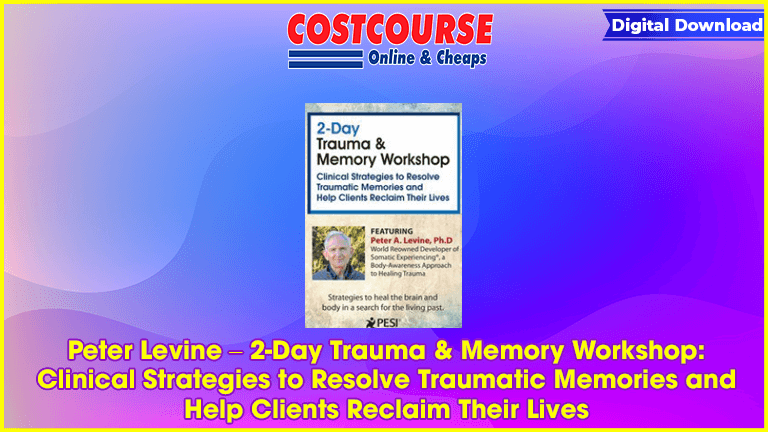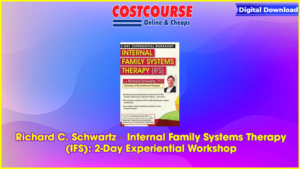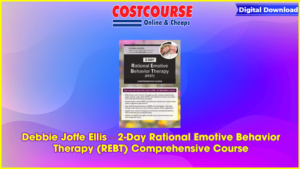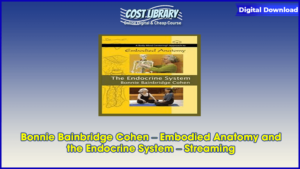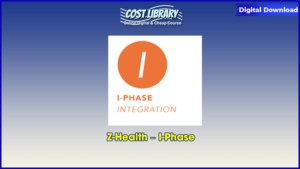Description
Addressing traumatic memories directly is critical to successful therapy.
But there’s tremendous misunderstanding in how to work with traumatic memories in treatment.
Peter Levine – 2-Day Trauma & Memory Workshop: Clinical Strategies to Resolve Traumatic Memories and Help Clients Reclaim Their Lives
It can leave you confused, insecure, and seeking a deeper understanding of memory systems to help guide your important work.
Peter Levine, PhD is a master therapist, pioneer in the field of trauma and memory, and author of several seminal books on trauma. His body-oriented techniques for healing traumatic memories are built upon 50 years of research and clinical work and have influenced generations of therapists.
This 2-day recording is your chance to learn from Dr. Levine himself!
Watch Dr. Levine as he explains the significance of memory systems in the resolution of trauma, and shares the therapeutic approaches that he’s found most effective during his decades of groundbreaking clinical work. His proven strategies will help you to quickly reduce symptomology in your clients and the traumatic memories that haunt them.
Under Dr. Levine’s expert guidance, you’ll discover how you can take your treatment of complex, deeply entrenched trauma to the next level and overcome the painful roadblocks that can frustrate you and your clients.
You don’t want to miss this rare opportunity to study directly under Dr. Levine and learn from a legend in our field!
Handouts
Manual – Trauma & Memory Workshop (2.46 MB) 75 Pages Available after Purchase
Outline
Trauma and the Body
Developmental trauma
Pre-natal through age 5
Evolution and Polyvagal foundation
How the body stores trauma
Clinical research
Deeper Understanding of Memory and Clinical Implications
Explicit – More Conscious Memory
Declarative
Episodic
Implicit – Less Conscious Memory
Emotional
Procedural/Body Memory
Clinical application for memory systems
Traumatic Memories
Long-term memory vs short-term memory
How the brain and body store memory
Memory engrams with somatic markers
Fight, flight, freeze response
How Clients Get “Stuckâ€
Tonic immobility – The fallback to freeze
Freeze couples with Fear
Dissociation
Bracing and terror
Euphoric dissociation
Collapse
Somatic and Emotional Reactions to Trauma
Symptoms and complexities of each in therapy
Emotional – anxiety, depression
Somatic – chronic pain, fibromyalgia
Autonomic – migraines, irritable bowel
Resolving Traumatic Reactions
The Basic Stages of Trauma Treatment
Containment of strong sensation and emotion
Pendulation – The dual opposites of sensation
Titration – going gradually
Completion
Renegotiation of active for passive responses
Allow things to settle: Self-Paced termination
Therapeutic Approaches to Treat Traumatic Memories
The importance of “Bottom-Up†processing
The Paul MacLean’s Triune Brain
In an Unspoken Voice
Somatic Experiencing©
Renegotiation vs. Reliving
Restoration of self-regulation
Somatic experience of trauma
Developing internal awareness
The mind-body connection in trauma work
Help reinforce trust and acceptance in clients
Incorporating client’s spirituality in trauma work

